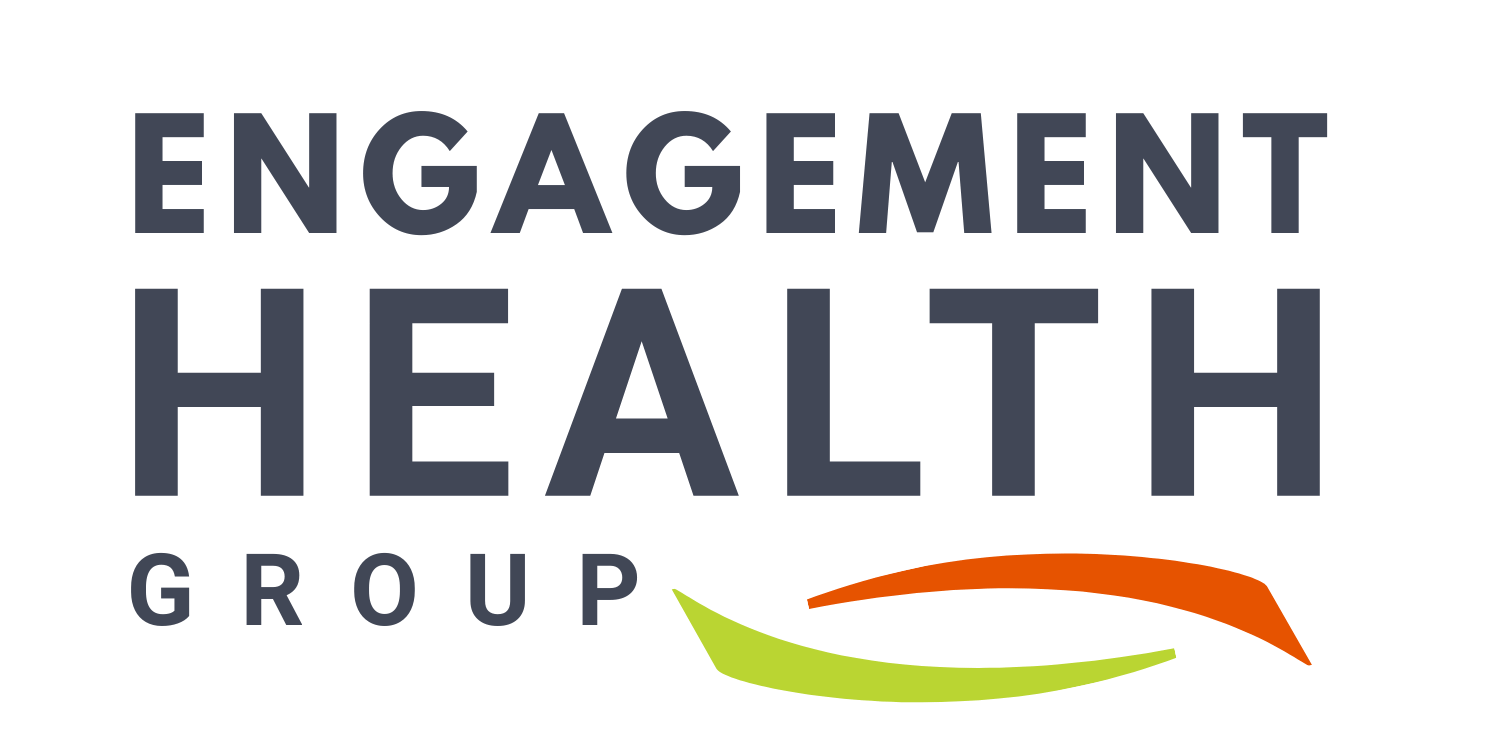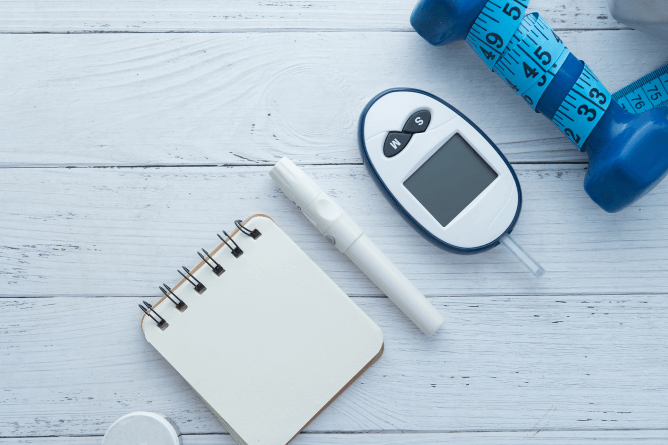
What is Diabetes?
Diabetes is a chronic health condition that affects how your body turns food into energy. One out of ten Americans are diabetic.
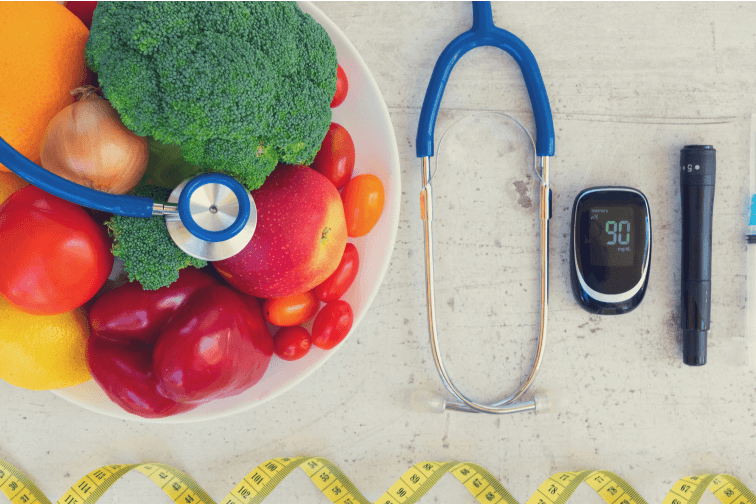
What is Prediabetic?
Prediabetic means you have higher than normal blood glucose levels but they are not yet in a diabetic range and could be reduced to prevent diabetes. One in three Americans are prediabetic.
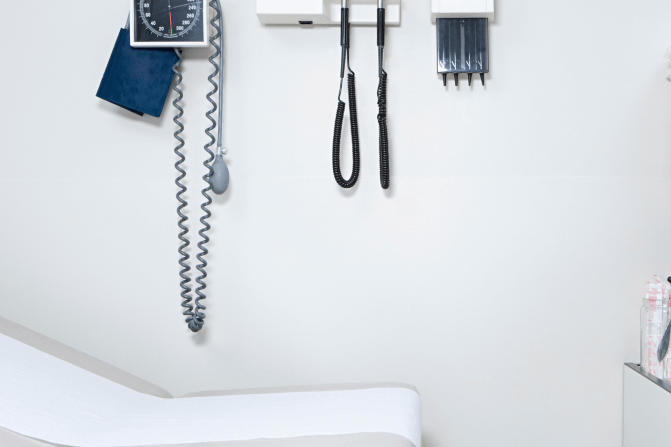
Why Does It Matter?
While diabetes can be managed through lifestyle and medications, 12.7% of all emergency room visits are related to diabetes.
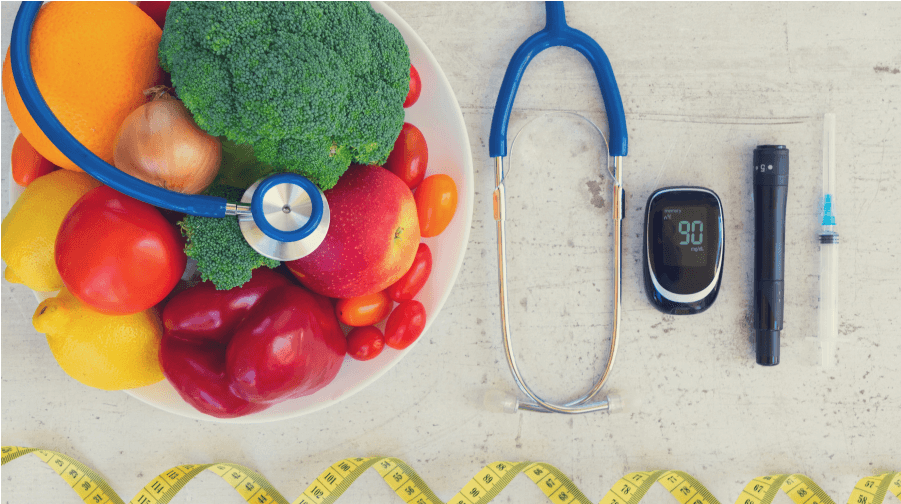
How Do I Know if I Have Diabetes
While the only way to know if you are prediabetic or diabetic is to do bloodwork with your doctor, there are some warning signs to look for and discuss with your doctor.
Elevated glucose numbers
Excessive urination, especially at night
Increased thirst
Weight loss with out trying
Increased hunger
Blurred vision
Numb or tingling hands or feet
Increased fatigue
Dry skin
Sores that are slow to heal
Increase in infections
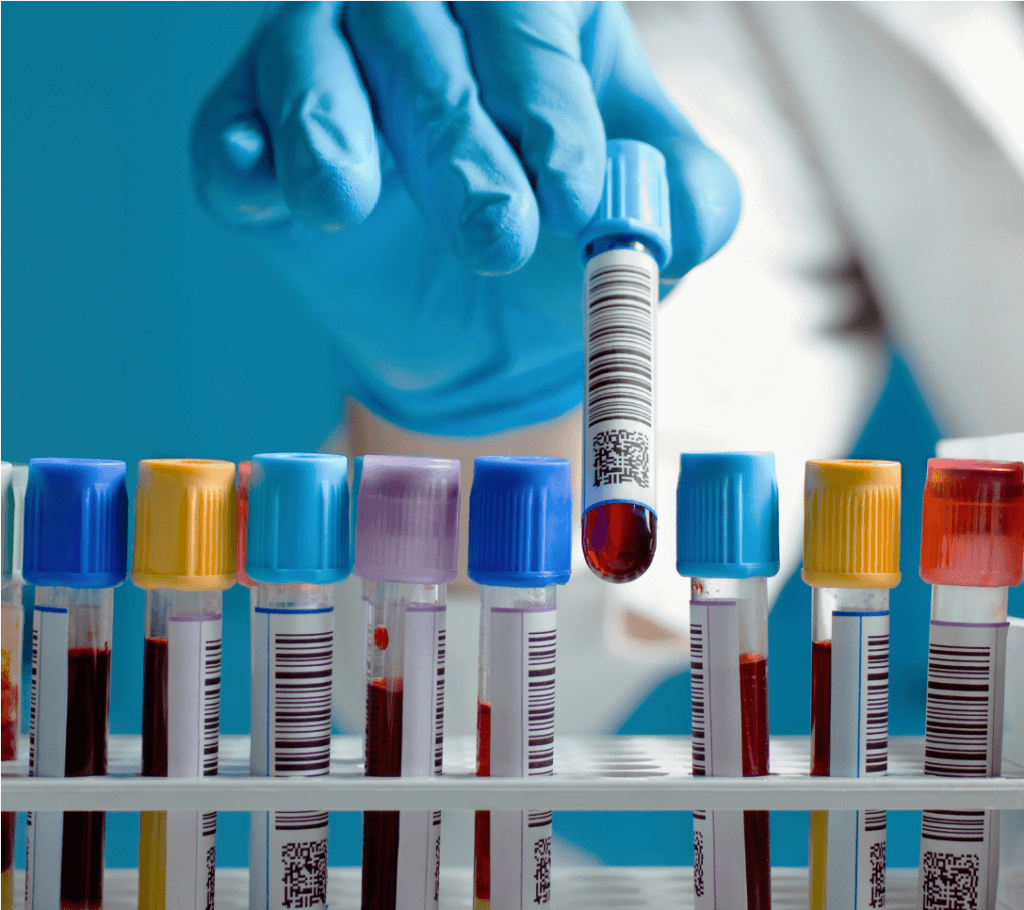
Preventing Diabetes
While diabetes may be genetic for some, there are behaviors and practices that we can keep to reduce our risk of becoming diabetic and better manage the disease if you are already diagnosed.
It’s important to know your numbers and check them often. Your doctor can help guide you on how often you should have bloodwork done.
Have a conversation with your doctor about your family history and personal medical history.
If you are recommended to be on medication to control blood glucose, be sure to take it as recommended.
Don’t ignore signs and symptoms, the longer you wait to address the issue, the more damage diabetes can cause.
Manage your weight through a balanced diet and regular activity.
Focus on small, healthy changes that you know you can maintain long term.
Avoid quick-fix diets and unrealistic exercise regimens.
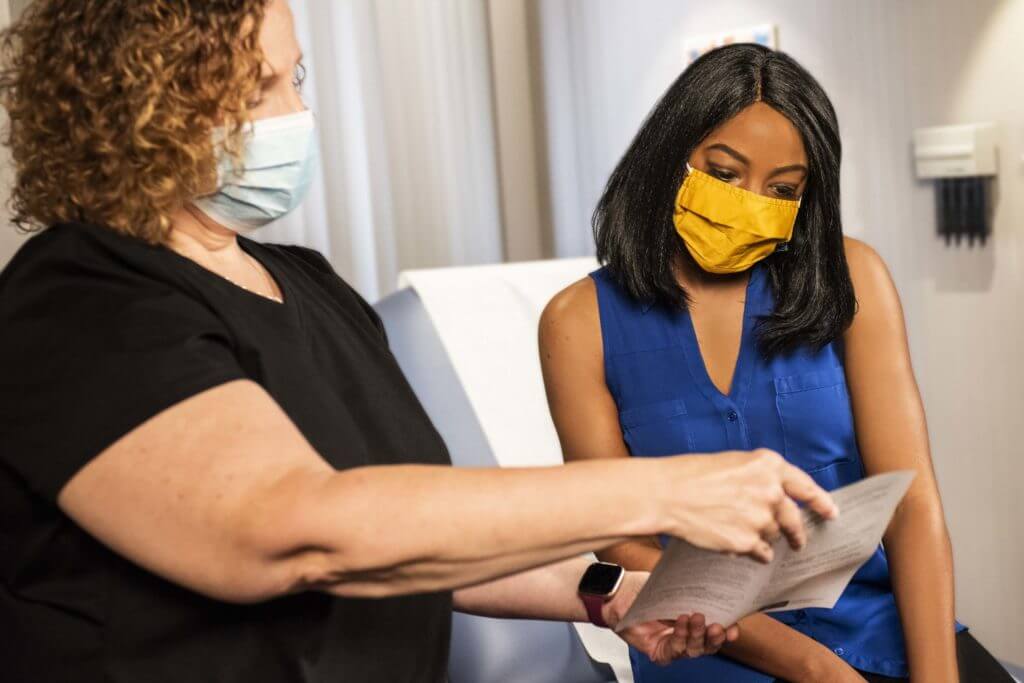
How to Be Your Own Advocate
Knowing how to be your own health advocate is crucial to improve your healthcare. Here are a few ways to take responsibility for your health and improve your healthcare.
Find a general practitioner. Don’t rely on one who is available at an urgent care center.
Keep up with your annual physicals to create a better relationship with your doctor.
Write down questions for your doctor before you go.
Write down their answers while you are there.
If something doesn’t make sense, ask questions.
If you research something online, bring the research with you and discuss it with the doctor.
Resources & Tools
Apps
MySugr
MyPlate
Fooducate
“Every day may not be good, but there is something good in every day.”
~ Alice Morse Earle
